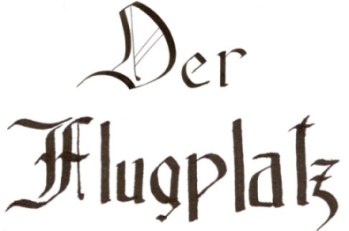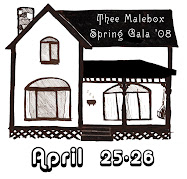Besides the learned words listed below, we talked about the sometimes insultingly obvious tools many classic authors employ in relating themes. For example, much of THOT7G is about generational sin and curses. In order to make sure we hadn't missed it before, Hawthorne goes to great lengths to tell us how a descendent of the cursed ancestor bears an uncanny resemblence to the orginal Pyncheon. This led me to revisit one of my old gripes about middle/high school literature programs that tell kids that the classics are simply too dense and difficult to understand. Oh, and they also were written too long ago to have any bearing on a 17-year-old who drives a Mazda and has an iPod. The fact is, many of the classics function as textbooks on Themes in Writing. Dickens, much to Nate's frustration, will carry you along a nice little theme in his novels, show you bits and peices here and there until you are comfortable and fairly pleased with having gleaned something from the text, then say something like 'And the wooden table was a metaphor for the Clark family.' To which the appropriate, Wolffian response is to bring an open hand to the forhead, hold it briefly, extend the hand and cry "Dude."
Words I've learned:
lugubrious - ridiculously, excessively mournful.
Daguerreotype - an obsolete photographic process, invented in 1839, in which a picture made on a silver surface sensitized with iodine was developed by exposure to mercury vapor.
matutinal - pertaining to or occurring in the morning; early in the day.
escritoire - a writing desk.
obstreperous - noisy and stubbornly defiant, aggressively boisterous.
piquant - agreeably pungent or sharp in taste or flavor; pleasantly biting or tart.
dromedaries - the single-humped camel, Camelus dromedarius, of Arabia and northern Africa.
approbation - official approval or sanction.
effulgence - shining forth brilliantly; radiant.
physiognomy - the outward appearance of anything, taken as offering some insight into its character.
alacrity - cheerful readiness, promptness, or willingness.
testator - a person who has died leaving a valid will.
propinquity -
| 1. | nearness in place; proximity. |
| 2. | nearness of relation; kinship. |
| 3. | affinity of nature; similarity. |
| 4. | nearness in time. |
augury - an omen, token, or indication.
And I'm only halfway through...


1 comment:
Cool that you threw some Greene in there. One of his you might want to check out is "Our Man in Havana." Hilarious send up of espionage fiction and Cold War politics, complete with vacuum cleaners disguised as nukes.
Post a Comment